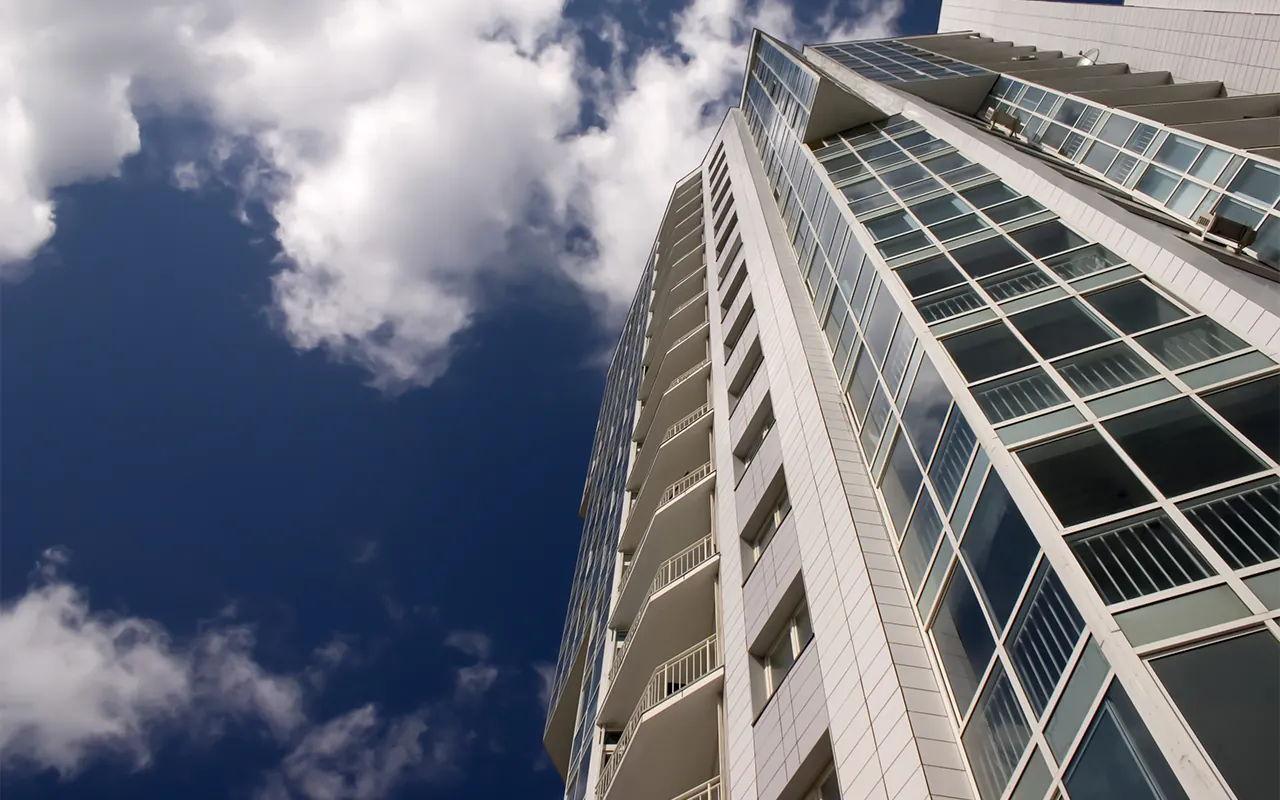Author: Rafael Marquínez
Panama started 2022 with a new legislation on Horizontal Property. It is Law 284 of February 14, 2022 (hereinafter, “Law 284”), which subrogates Law 31 of June 2010, and regulates the Horizontal Property Regime in Panama.
Law 284, composed of 10 chapters and 125 regulatory articles, introduces important changes to this regime that stimulate a better coexistence between the owners, their residents, the members of the Board of Directors and the administration.
Among the new chapters of the new regulation is the one that develops the concept of the Contingency Fund, i.e., the mandatory amount collected on an annual basis to meet and finance the obligations, works or expenses that arise unexpectedly within the condominium, which will correspond to at least 1% of the total annual income and common expense fees of the owners of the condominium.
Clear tools are also established to demand compliance by the co-owners of their obligations, not only economic, but also moral, and likewise, new concepts are incorporated in its glossary, which are developed throughout the regulation.
In this sense, it is clarified when an Owner is really considered a delinquent, without leaving to interpretation the application of fines and actions as a consequence of the referred delinquency.
Likewise, the penalties applicable to Owners who fail to comply with their payment obligations are indicated, as well as how these penalties should be applied. For example, it is specifically stated that common services may be suspended (except for the suspension of water service).
Previously, the lack of clarity on the actions that could be taken as sanctions applicable to defaulting Owners caused many doubts and debates, especially those related to the suspension of common services.
Among the penalties for delinquency, Law 284 orders the delinquent Owner:
(i) the payment of expenses incurred in the application of these sanctions,
(ii) the recovery of unpaid assessments, and
(iii) fees for professional services.
Duties of the Owners
Another relevant aspect that has been incorporated is the attendance to Owners’ Meetings as a duty of the Owners.
In order to guarantee decision making within the Horizontal Property, this new regulation establishes a fine for those who do not attend the Owners’ Meetings and includes the celebration of these meetings through technological means, with the purpose of ensuring the regulatory quorum for the meeting. On the other hand, the percentages required for the approval of relevant issues are reduced. This includes, among others, the reduction of the percentages of favorable votes required for the approval of extraordinary fees and the increase of common expense fees.
One of the most controversial issues, throughout the application of this regime in our country, is the issue of the developer’s reserves on the rooftops. With this new law, the rooftops are defined as an essential common good of inalienable and indivisible domain, for the indispensable benefit of all the owners of the property, and, therefore, they cannot be subject to private appropriation.
Governing Bodies of Horizontal Properties
Regarding the governing bodies of horizontal properties, this law allows the creation of different committees, aimed at collaborating with the Board of Directors, thus ensuring a better performance of its functions.
In this sense, for the first time, the Transition Committee is introduced, formed by the first Owners of a property that will collaborate and participate in the decision making concerning the administration, conservation, maintenance and security of the property, during the term of the first Board of Directors appointed by the developer when incorporating the property to the Horizontal Property regime.
The administrators, from now on, must have a managerial profile, with knowledge in human resources, conflict resolution and accounting, in addition to the handling of the legislation concerning Horizontal Property.
Law 284 grants sanctioning powers to the Ministry of Housing and Territorial Planning (MIVIOT) for non-compliance with the provisions contained in its own or in the co-ownership regulations. In addition, it grants the power to train owners, members of the Boards of Directors and Administrators, for a better understanding and application of this Law.

